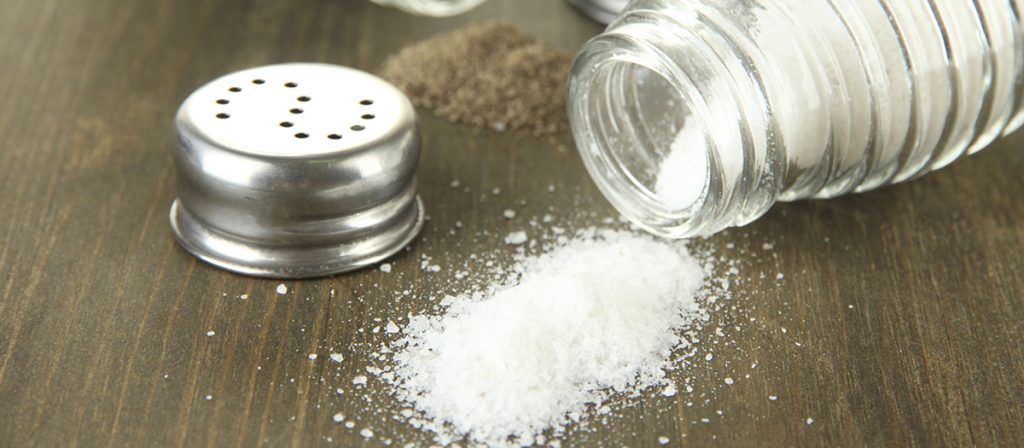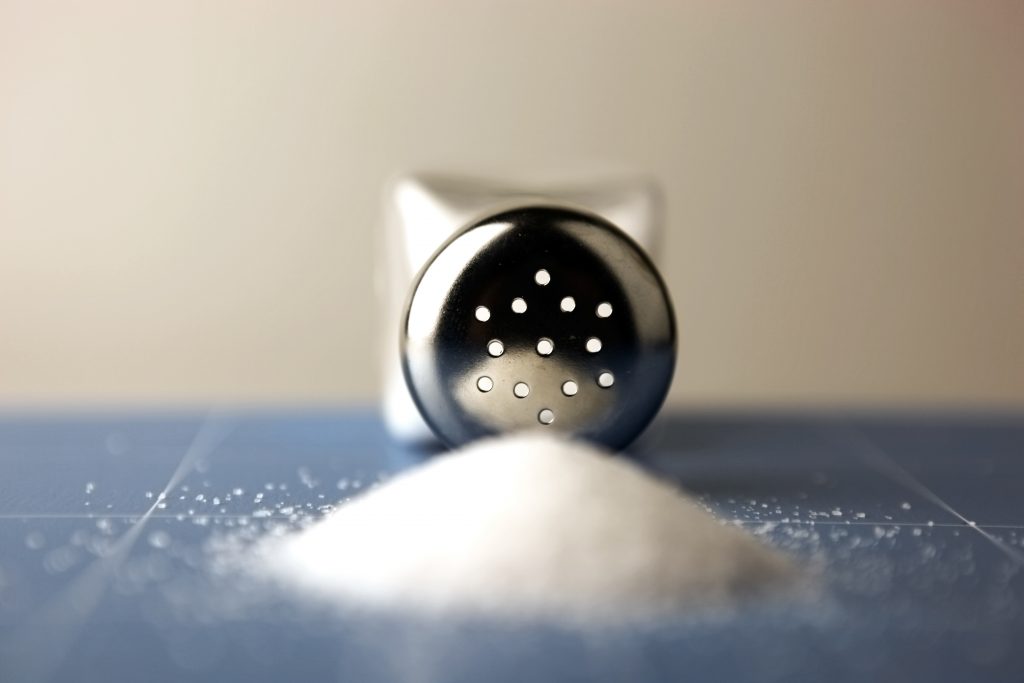Estimated social return on investment of Salt Reduction programs in Australia

The George Institute commissioned Health Technology Analysts Pty Ltd to assess the benefits of implementing policies or community interventions to reduce nationwide salt intake in Australia. Economic modelling was conducted using the Social Return on Investment (SROI) framework to assess broader socio-economic impacts of varying levels of salt reduction through three types of salt reduction […]
Major food companies contribute more than 50% of household dietary sodium purchases in Australia

Published in the International Journal of Behavioral Nutrition and Physical Activity, Coyle et al conducted a cross-sectional study to identify the relative contribution that food companies and their products made to Australian household sodium purchases in 2018, and to examine differences in sodium purchases by household income level. One year of grocery purchase data from […]
How effective is the Eat Mediterranean Program in Portuguese schools?

Published in Nutrients, Rito et al evaluated the Eat Mediterranean program (EM) that aimed to eliminate dietary inequalities in school children. The EM program was implemented over two school years in 25 Portuguese schools within two municipalities. A pre-intervention evaluation of school menus was conducted, analysing 39 school meal samples collected from 10 kitchens that […]
Assessing the Healthy Food Partnership’s Nutrient Reformulation Targets in Australia

Published in Nutrients, Rosewarne et al conducted a comparison study to assess whether the Healthy Food Partnership’s (HFP) proposed reformulation targets for 36 food categories, aiming to improve the overall quality of the food supply, were feasible and appropriate or whether more stringent targets were feasible. Using FoodSwitch as the nutrient composition database, a total […]
Progress on Sodium Reduction in South Korea

A study recently published by Hye-Kyung Park et al has reviewed sodium reduction progress in South Korea. A National Plan to Reduce Sodium Intake was implemented in South Korea in 2012, this plan has the aim of reducing population sodium intake by 20% by 2020 (3,900 mg/d) by a range of intervention activities including; consumer […]
Salt-Related Knowledge, Attitudes and Behaviours (KABs) following a 22-Month Consumer Awareness Campaign

Grimes et al conducted a repeated online cross-sectional survey to assess whether salt-related knowledge, attitudes and behaviours (KABs) of adults aged between 18-65 years in the Australian state of Victoria changed following the first 22 months of a consumer awareness campaign targeting parents. The 37-item questionnaire assessed participants’ demographic characteristics and salt-related KABs. It found […]
Consumption frequency of energy dense salty food is associated with diastolic hypertension in children

Published in Nutrients, Gloria Perez-Gimeno et al conducted a case control study in 687 Spanish children between 5 and 16 years old to investigate the association between the consumption frequency (CF) of energy-dense salty foods (EDSF), high-sugary foods (HSF), sugar-sweetened beverages (SSB) and the Dietary Approach to Stop Hypertension (DASH) score and high blood pressure; […]
High sodium intake and low potassium intake in China

A study by Shufa Du et al has found that sodium intakes remain high, and potassium intakes remain low in China. Authors utilised data on 29,926 adults from the China Health and Nutrition Survey and compared data from 1991 and 2015. Intakes of sodium and potassium from these surveys are estimated from 24-hr diet recalls. […]
A dose-response: reduction of blood pressure by restricting dietary sodium intake

Huang et al conducted systematic review and meta-analysis published in British Medical Journal that examines the dose-response relationship between a reduction in dietary sodium and change in BP. Measured using the gold standard, each 50mmol reduction in 24-hour sodium excretion was associated with a 1.10 mm Hg reduction in SBP and a 0.33 mm Hg […]
High blood pressure doubles risk of death from COVID-19

Gao et al conducted a retrospective observational study examining the increased risk of death caused by COVID-19 in China in hypertensive patients. Researchers from China and Ireland analysed data from 2899 COVID-19 patients in Xijing Hospital, China, between the 5th of February and 15th of March. After adjusting for confounding factors, they found a 2.12-fold […]